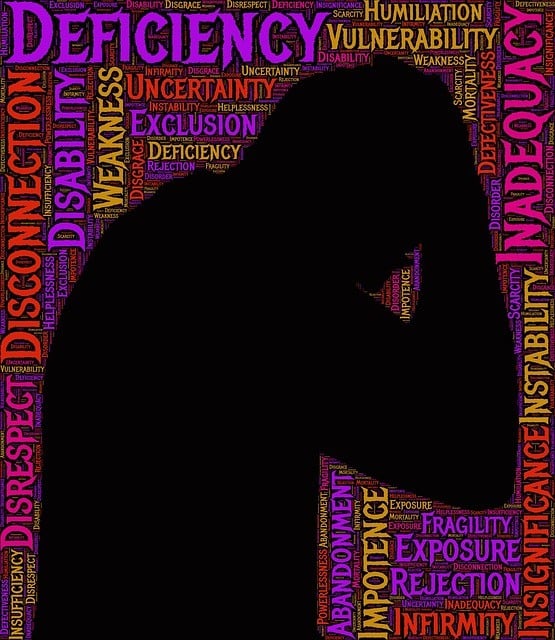
The Mental Health and Developmental Disabilities Confidentiality Act (“Act”) is an Illinois law designed to prevent the disclosure of mental health records and developmental disabilities services that are kept by a “therapist” or by an agency. The records involving mental health or developmental disabilities include physical or mental examinations, diagnosis, treatments, evaluations, medications, and rehabilitation services. Additionally, the term “therapist” is broad term and includes psychiatrist, doctor, psychologist, social worker, and mental health therapist. Most importantly, under the Act, all records of mental health or developmental disabilities services are confidential, and cannot be disclosed except as permitted by the Act.
This Act not only applies to written records, but all information you give to a therapist during the course of receiving services. It also protects all communications that you or others make while you receive mental health or developmental disability services. However as with every statute, there are exceptions to the statute where disclosure of records or communications is permitted.
The recipient of mental health or developmental disabilities services has the right to inspect and receive a copy of your own records. A parent or guardian of a child under the age of 12 also has a right to inspect and receive a copy of one’s child’s records. An agent that is appointed by the recipient under a Power of Attorney for Health Care or Property has this right. Most commonly, an attorney in fact named in a declaration of preferences or in the instructions regarding mental health treatment has this right.
There are also circumstances when records can be disclosed without consent. A therapist may disclose records when the therapist believes that doing so is immediately necessary to protect you from serious harm, or to prevent you from causing immediate and serious harm to others. The therapist can disclose, warn, and protect a specific individual against whom you have threatened violence.
State agencies or departments may also disclose information to each other and you if you have received mental health or developmental disabilities services from any of these agencies. The reason for this allowed disclosure is so that the services provided by the agencies can be coordinated. However, the disclosure should be limited to describe the services you received or will receive. Treatment records should not be disclosed without your consent.
Under some circumstances, disclosure may be permitted in legal proceedings. However, these circumstances are strictly limited and require approval of the judge or hearing office. Your records can also be disclosed to the opposing party only if your mental condition or services you have received is part of your legal claim or defense.
In any instance, if your rights under the Act have been violated, you can file a lawsuit in Illinois Circuit Court against any person who has violated any provision of the Act. Any lawsuit should be filed no later than two years after the date that the person violated the Act. There are also criminal penalties for violating the Act. It is a Class A Misdemeanor for any person to knowingly and willfully violate any provision of the Act. If you believe that any person has violated your rights under the Act, you may contact the State’s Attorney of the county where the violation took place.
Final note, the internet is a great resource to educate and find assistance about the Act. I would recommend you first go and read the Act. The statute can be found at 740 ILCS 110/1. Additionally, visit the Illinois Mental Health Association’s website for more information and for further inquiries contact your regional Guardianship and Advocacy Commission office.
Syeda M. Madani, Esq. is an attorney with Amal Law Group, LLC. Email her at smadani@amallaw.com or visit their website at www. amallaw.com
DISCLAIMER: This article is written for informative and educational purposes only. This article is not legal advice and does not create an attorney-client relationship between the author and any reader.







